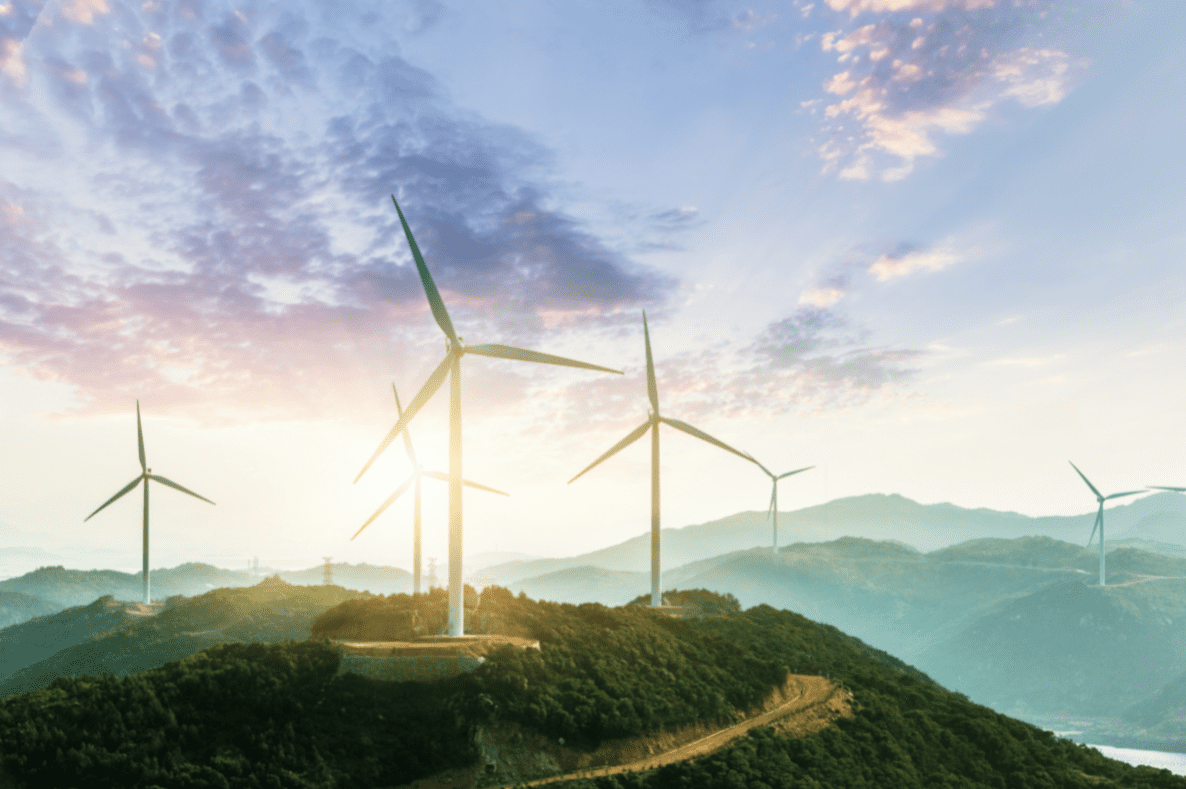What is good for business is good for the planet, according to Chris Collins, Country President for Schneider Electric Ireland
Public awareness of the issues surrounding climate change and the potentially cataclysmic consequences of failing to act have never been greater. In the past, sustainability, carbon footprint reduction, and the efficient use of resources were neglected or even ignored by senior business executives and policy-makers in favour of an all-encompassing focus on short-term revenues, profitability and economic output. However, the growing undisputable evidence about the impact of human activity on climate change, such as in the recent IPCC Climate report, is forcing a great stock-take of how they operate.
Growth and impact can no longer exist without “non-financial factors” such as climate action and environmental performance. Business horizons need to expand quickly to impact climate action positively, more so with the European Green Deal (EGD) establishing new laws. But what does this mean here in Ireland?
Investing in a green future for Ireland
The policies laid out by the European Green Deal are intended to reduce greenhouse gas emissions by 55% by 2030 and make Europe climate-neutral by 2050, in line with the commitments under the Paris Agreement. Ireland has set targets to achieve 70% of electricity supply from renewable energy sources, deliver a 51% reduction in emissions by 2030, and achieve net-zero emissions by 2050. These targets are included in the Government’s Climate Action, and Low Carbon Development Bill approved in March.
The action required to accomplish all this will create a range of investment opportunities, including in technologies to reduce emissions from agriculture, electrify transport and improve the energy efficiency of buildings. In Ireland, we have already secured more than €1 billion from Horizon 2020, the EU’s critical funding programme for research and innovation in developing, supporting and implementing EU policies while tackling climate change. A large portion of this funding will support new climate solutions in construction, transport, and clean hydrogen. Further investment in research, education, and training, assisted by the European Social Fund+, will help workers acquire skills in the necessary sectors.
Turning climate challenges into opportunities
On 14 July, the European Commission presented the “Fit for 55” package of policy proposals designed to make the European Green Deal a reality by aligning the EU energy and climate regulatory framework to the 2030 target. Irish businesses working in energy-intensive sectors such as importing raw materials or products into the EU will have to comply with reporting requirements and obtain carbon certificates under the Carbon Border Adjustment Mechanism (CBAM).
The proposals also incentivise private-sector investments into low and zero-carbon technologies, renewable energy, energy efficiency and the circular economy. Tax reforms and a holistic CO2 pricing system promote change by making it more expensive to emit carbon, thus diverting investment towards projects that reduce or remove emissions or enable fuel switching.
As such, the EU Green Deal is focused on growth, not adding costs to business. It also runs complimentary to the historic European NextGenerationEU Recovery Plan (NGEU), kick-starting the long-term transformation to a more resilient, digitised, prosperous and sustainable Europe, backed by € 750 billion of loans and grants to help the region recover from the effects of COVID-19 pandemic.
Regardless of whether companies are looking to ‘do the right thing’ in the face of climate change, the business rationale for changing business models, reducing carbon emissions and tacking the impact of supply chains has never been more robust. Those who act stand to benefit from local and regional policy incentives that will bring the best technological innovations to the table.
Stakeholders demand sustainable transparency
Awareness of the need for climate action also has a powerful impact on the expectations of customers, employees, and financial markets. Customers – both consumers (B2C) and business (B2B) – increasingly care about the green credentials of the companies they purchase from, as well as the credentials of their suppliers and business partners. Investor activism, financial markets, and regulators are putting greater scrutiny on climate change impacts into their strategies and placing increased priority on environmental and carbon impacts when making decisions.
For many businesses seeking to attract and retain talent it’s increasingly essential for employees to work for companies whose values they share, particularly on climate action and environmental responsibility. Greenwashing and superficial tinkering is no longer acceptable: a company’s ‘license to operate’ must include a determined effort to protect the environment and move to net-zero emissions.
The moral and economic impact of climate action
As one of humanity’s biggest challenges, mitigating climate change is both a moral and economic imperative. We have less than a decade to make the required changes so that future generations can flourish. We can no longer be passive with our sustainability efforts. Furthermore, Irish businesses that fail to act now to incorporate climate action into their business strategy, and do so with purpose, will lose the trust of consumers, investors, and employees.
At Schneider Electric Ireland, we are committed to supporting each pillar of the European Green Deal as demonstrated with our pledging 200 orchards to drive biodiversity in supporting regenerative and innovative agriculture practices. Our purpose is to bridge progress and sustainability for all. Now, more than ever, we must come together nationally and internationally – across our governments, companies, and communities – to accelerate the decarbonisation of the economy.
For more on how Schneider Electric is supporting the European Green Deal, click here.





